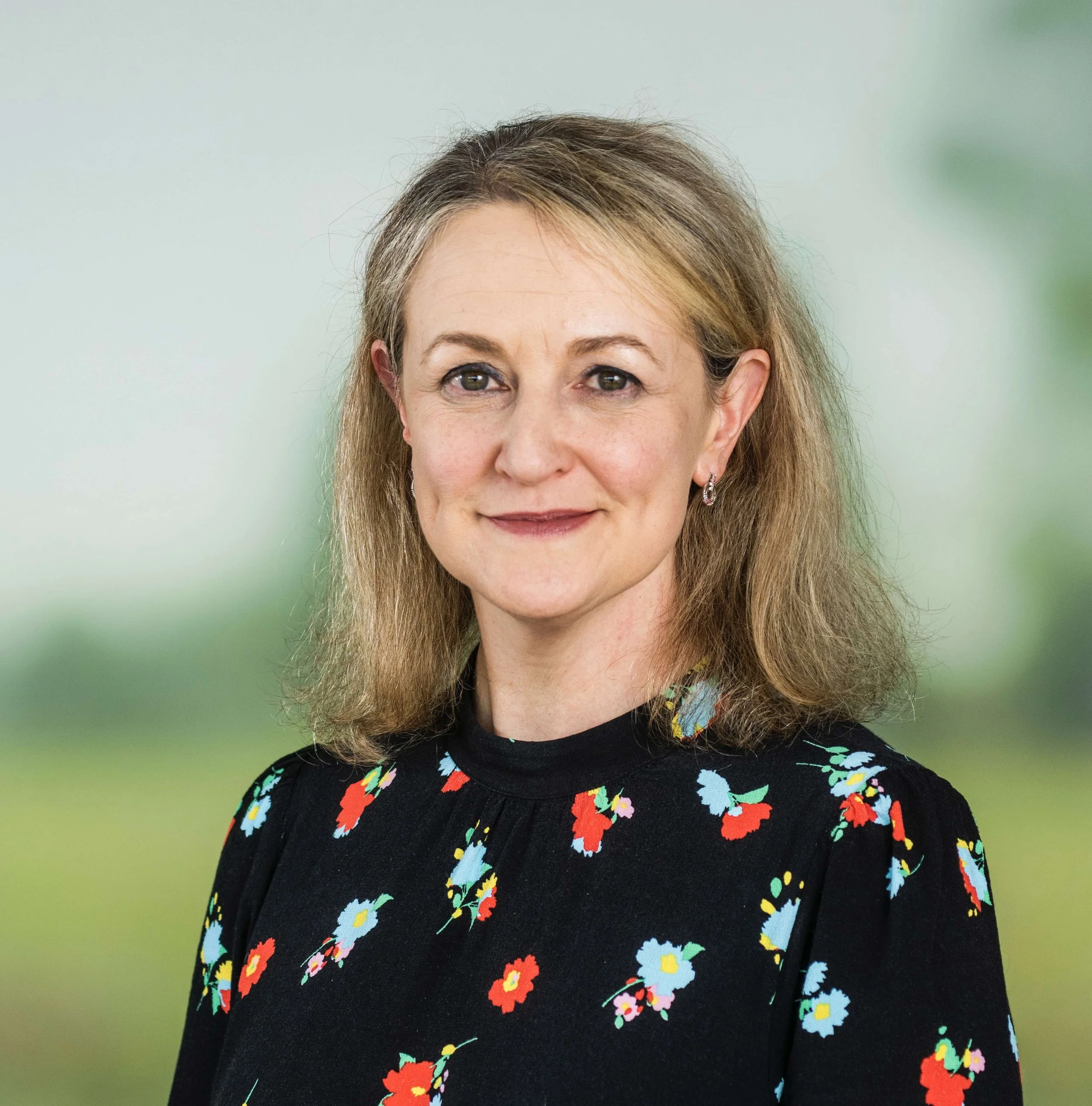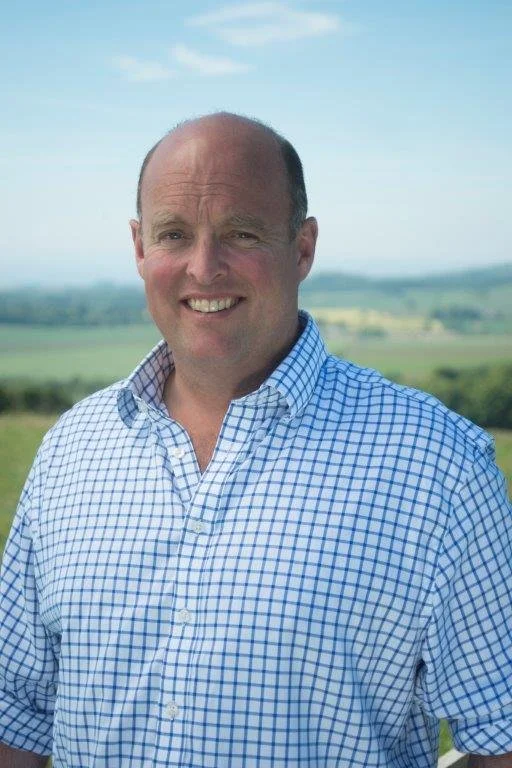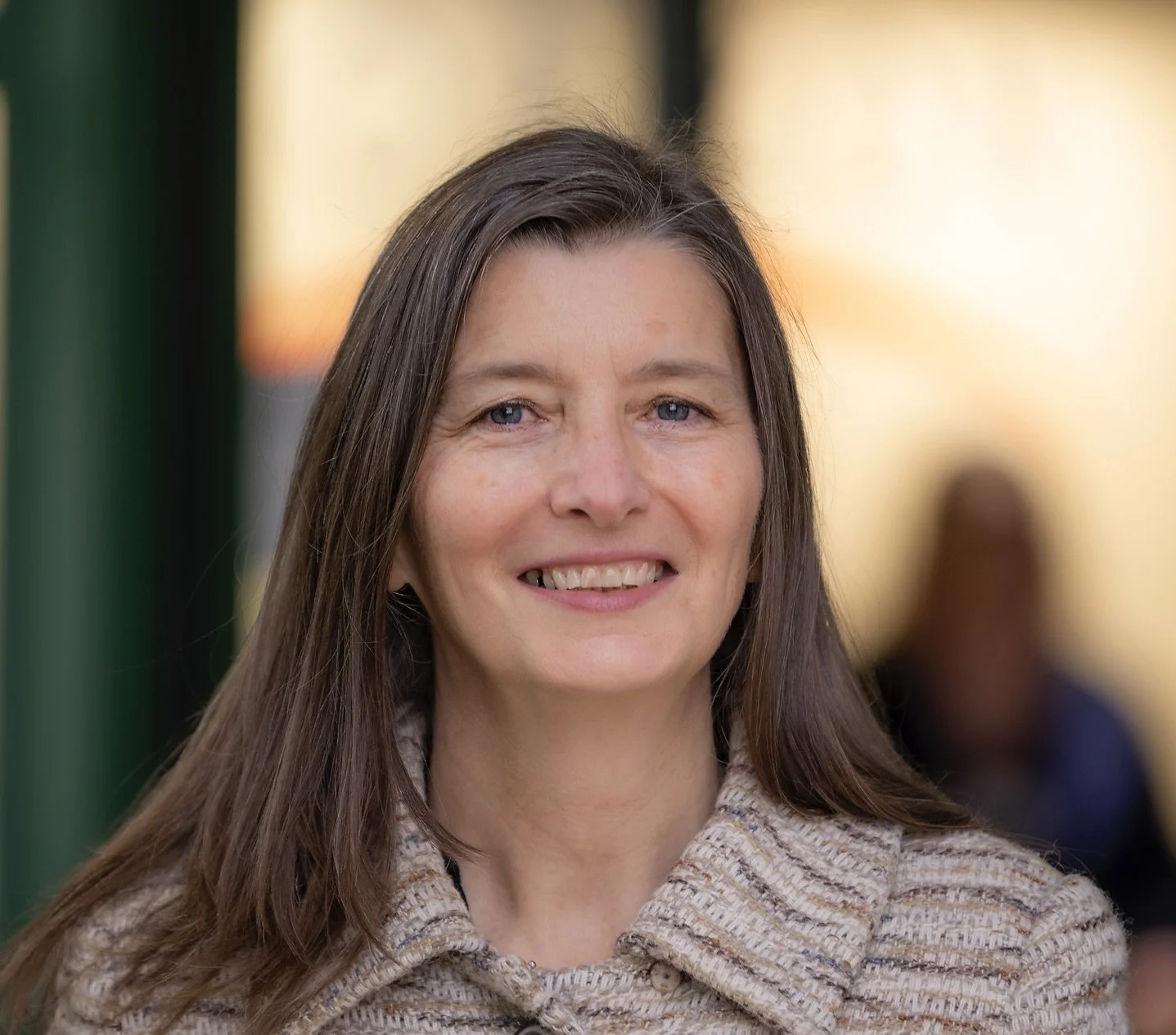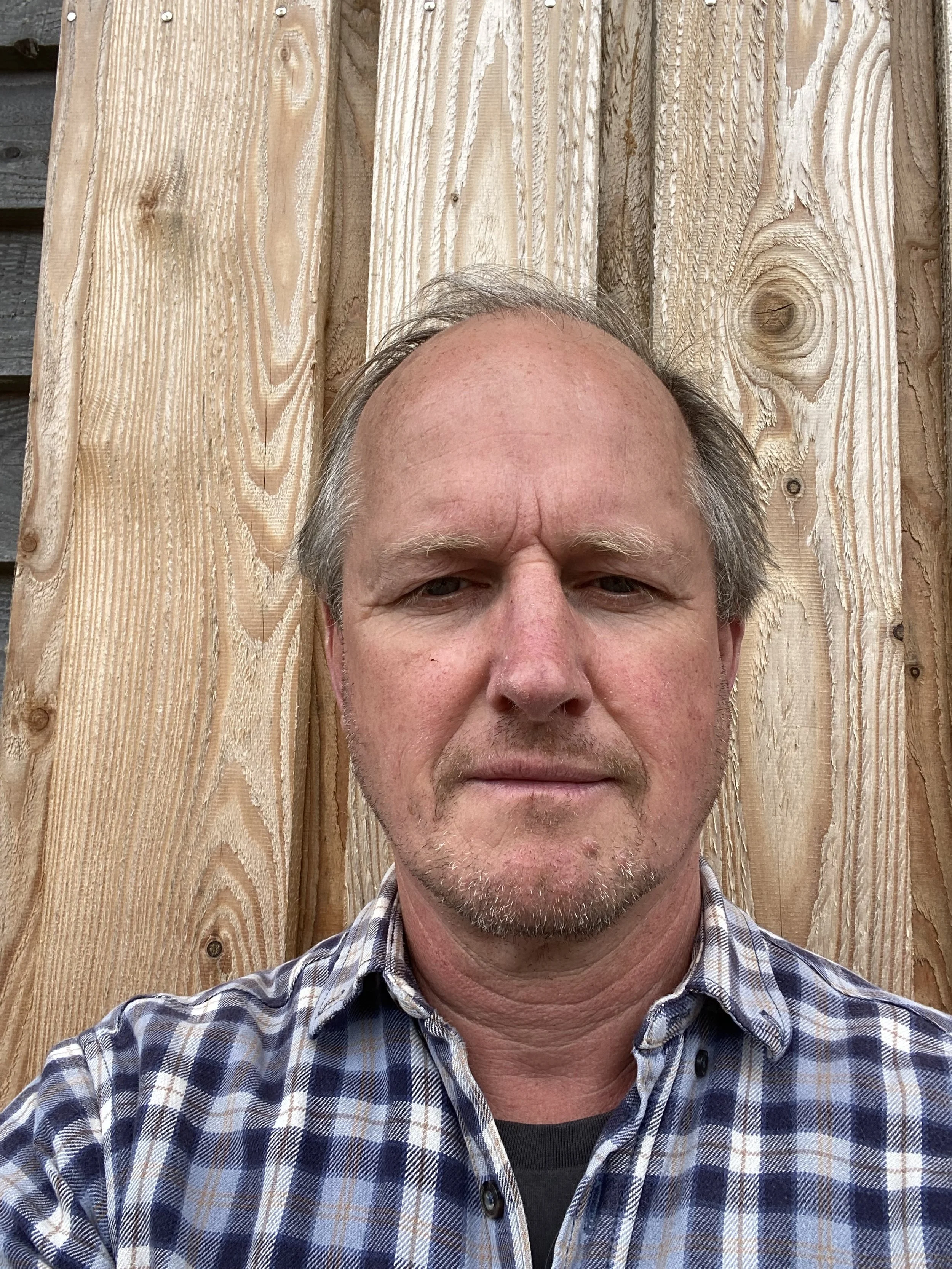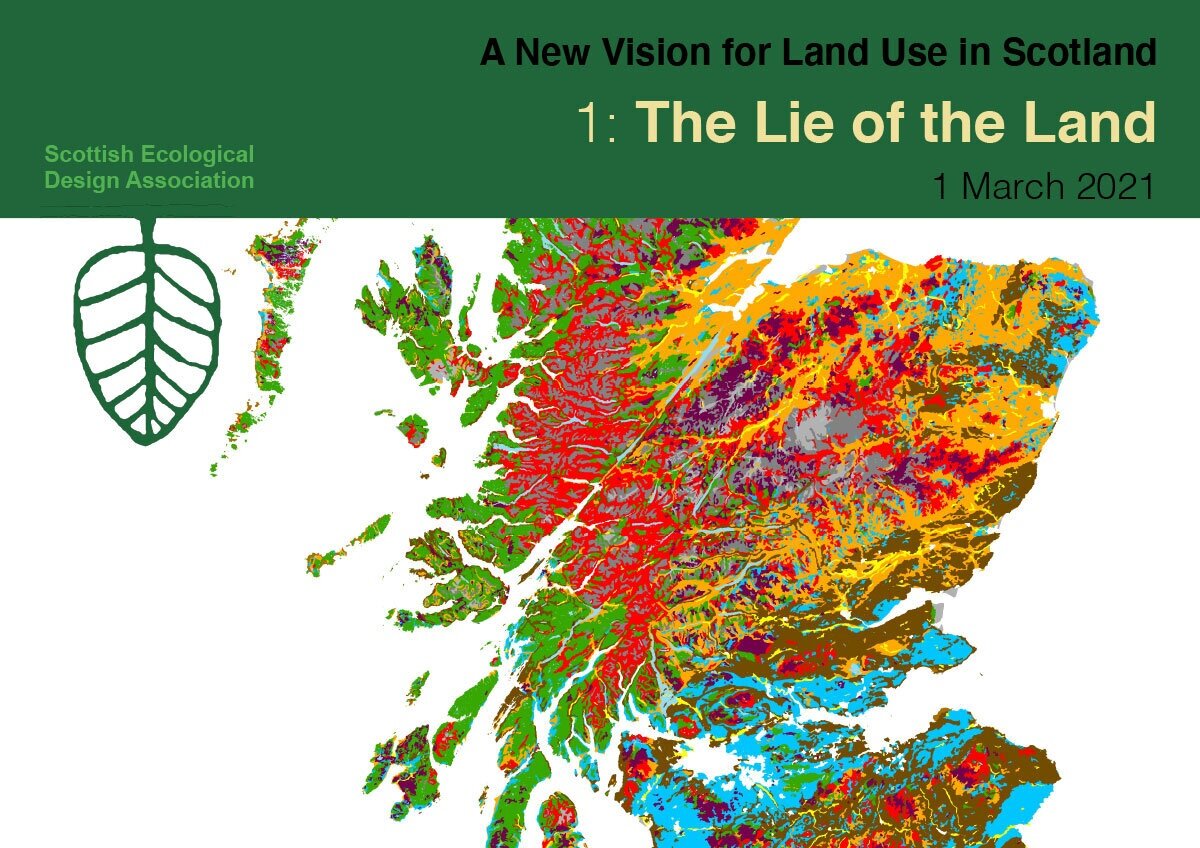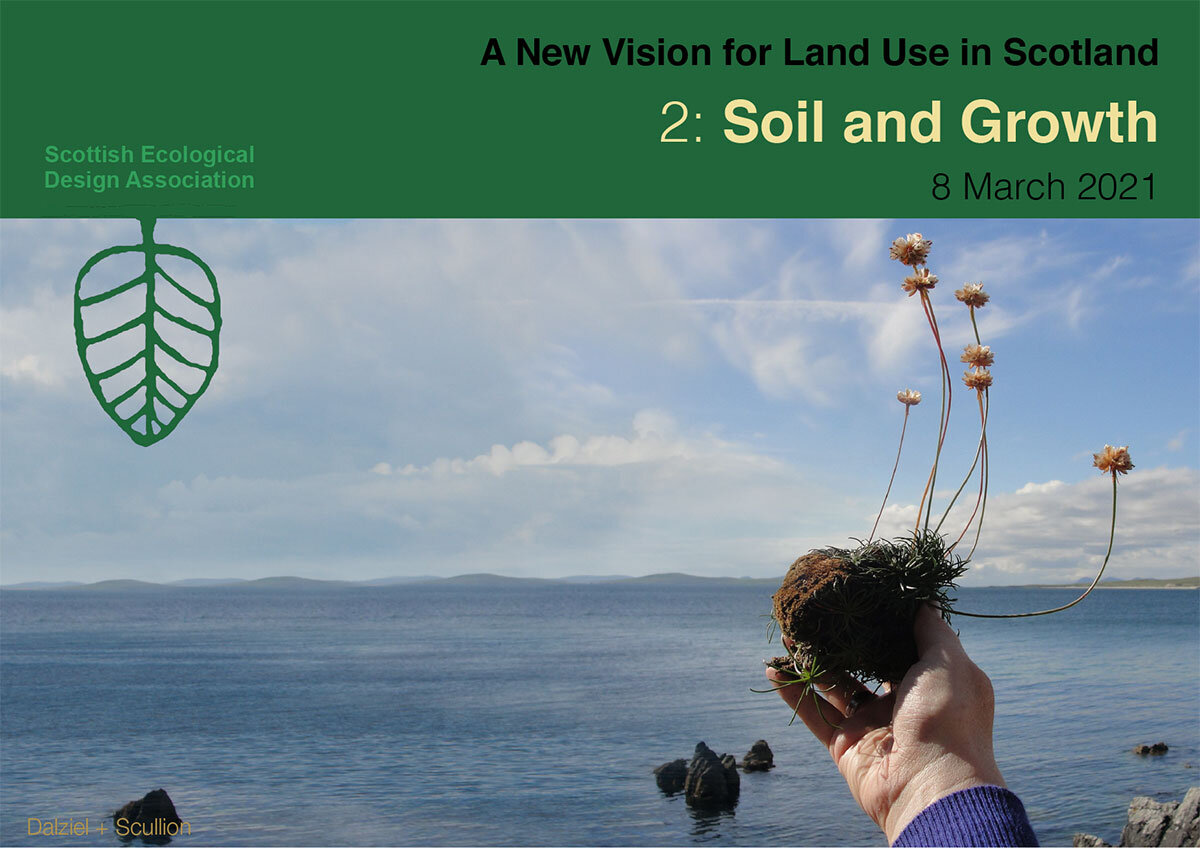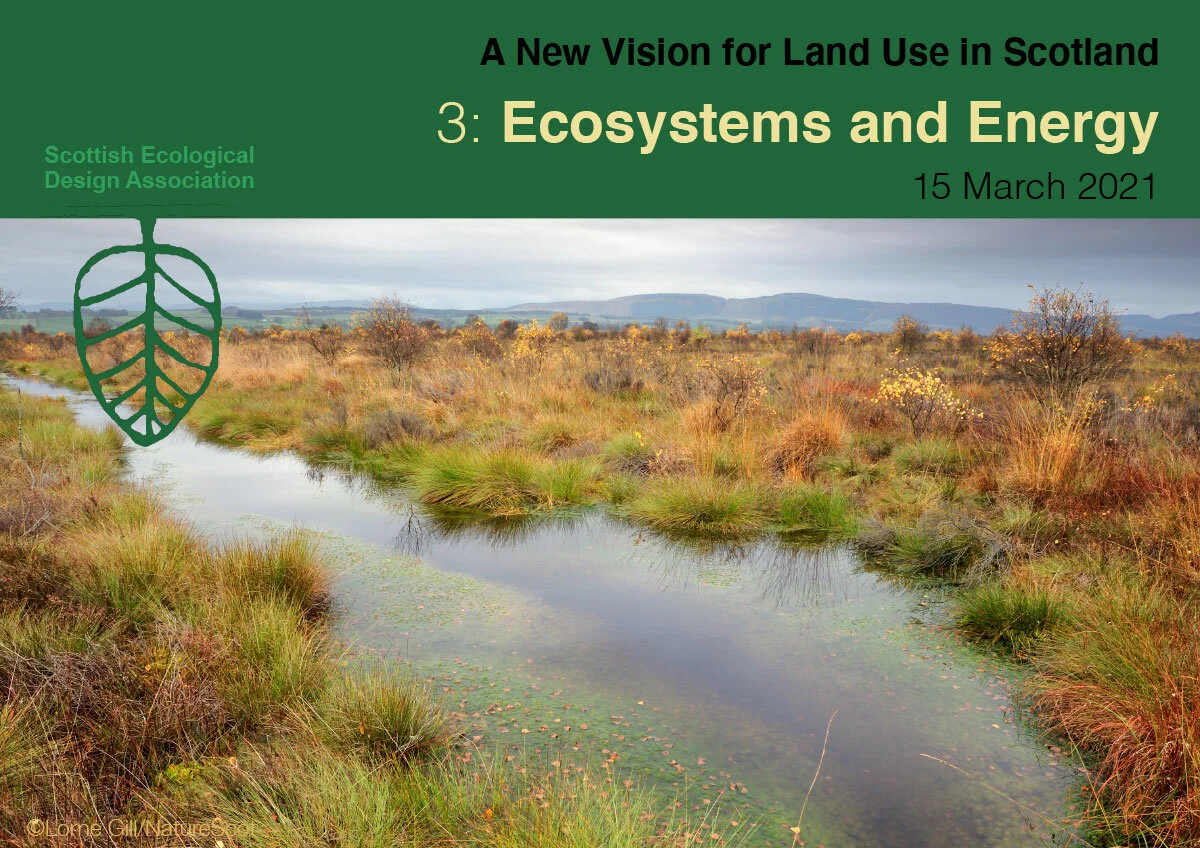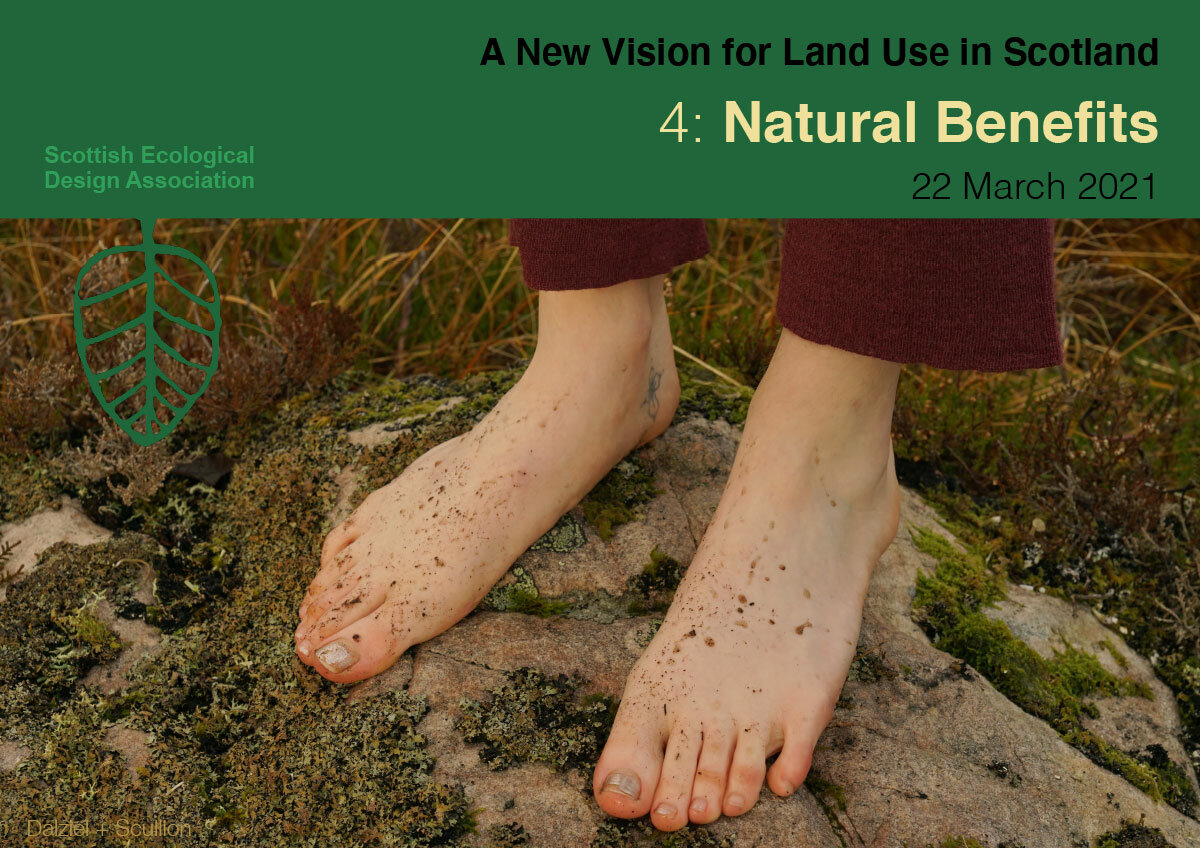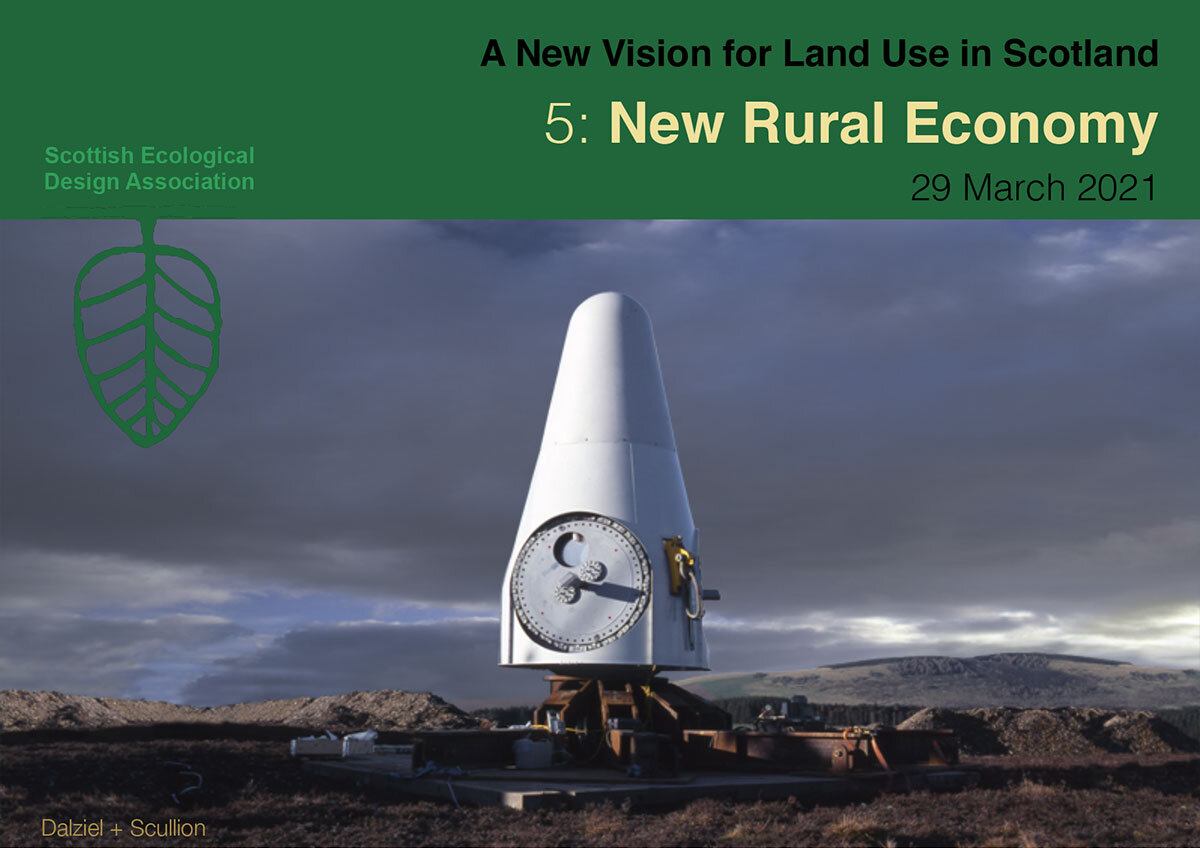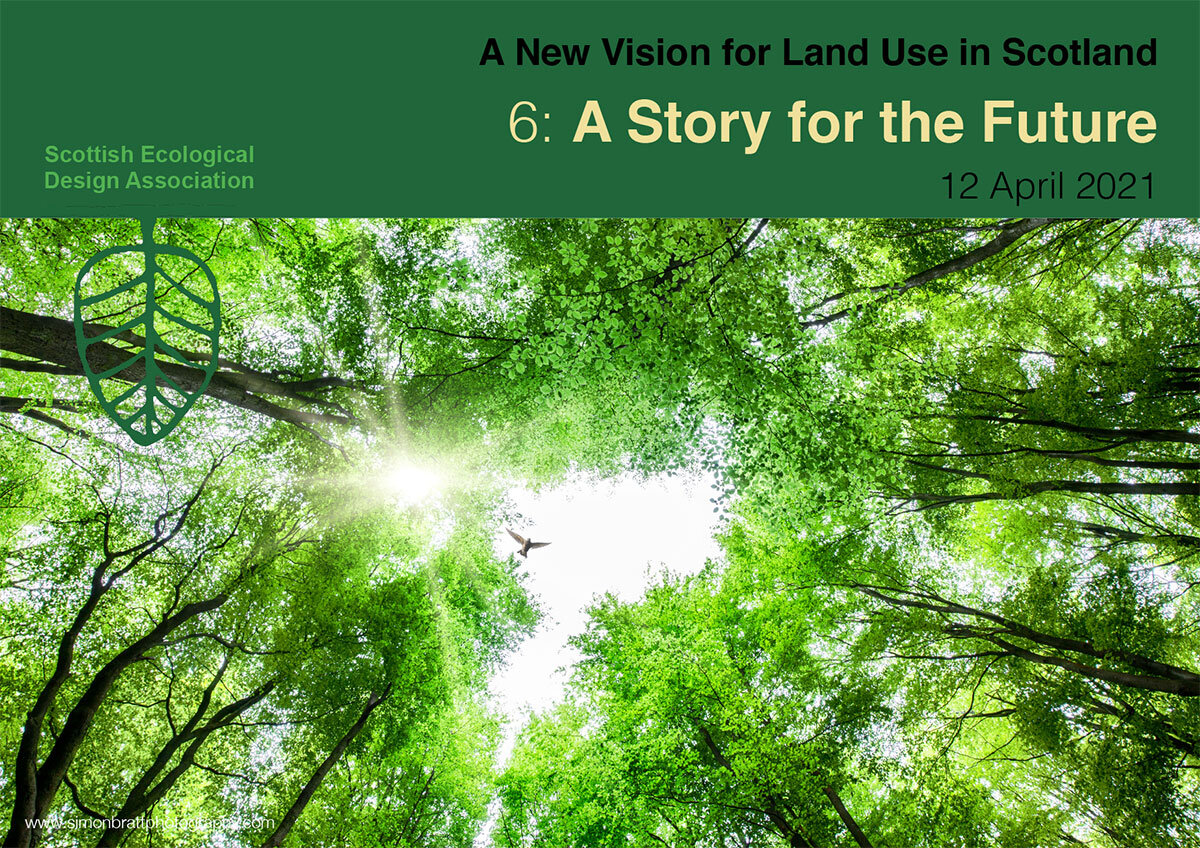A SEDA Land Conversation
Building Futures in Rural Scotland
Aims
• To showcase good models of sustainable living and working rural developments
• To identify the obstacles and the support that is needed to enable communities and landowners to create such places. Can we work within the existing policy framework? Is the planning system both centrally and locally helping or obstructing such developments?
Models
Balcaskie, Fife – a 2,000-hectare single ownership estate in the East Neuk of Fife
Beldorney, Aberdeenshire – a 349-hectare estate owned by Highlands Rewilding – a mass-ownership company using crowdfunding.
Assynt Glebe Land - 22 hectare estate owned by Assynt Development Trust near Lochinver.
All three models are at different stages of developing affordable homes alongside enterprise hubs.
For more details see below.
We will discuss how to build more sustainable rural communities and encourage the repopulation of the Scottish countryside. While some large landowners are prioritising rewilding, this event will focus on those who lean more towards reviving communities.
People’s work-life balances have changed since the pandemic. More people appreciate the health and wellbeing benefits of rural life and flexi-working. However, this can be isolating and difficult without appropriate infrastructure in place - including digital connectivity, availability of land, good transport links, healthcare and child care. We need more affordable, multi-generational homes, alongside places in which to work.
At this event, we will hear about a range of innovative placemaking proposals, which repurpose existing buildings and create new developments. We will discuss the potential of rural enterprise hubs and hear from planners about how National Planning Framework 4 (NPF4) can be implemented at grassroots level.
Panel
CHAIR: Debbie Mackay
Director, Planning Savills & Rural Housing Scotland
Debbie is a director in Savills Planning team and Head of Residential and Rural Planning for Scotland. After learning her trade in the public sector as a Planning and Economic Development officer in Argyll and Bute, Debbie set up the Smiths Gore Planning Service. At Savills Debbie specialises in large scale masterplanning and rural planning. She is the Planning Advisor for a large number of Scottish Estates, a Director of Rural Housing Scotland and sits on the National Policy Group of Scottish Land and Estates. Debbie is driven by a particular interest in the provision of affordable rural homes and the revitalisation of rural Scotland and has recently lead research teams on rural planning policy.
Sam Parsons
Balcaskie Estate
Sam moved to Balcaskie in 2008 when Toby Anstruther took over the running of the estate from his father to become estate director and to make Balcaskie his family home. The Anstruthers want Balcaskie to be an exemplar for social and environmental stewardship creating sustainable communities while enhancing wildlife and biodiversity. Since 2012 Sam has project managed the conversion of many of the redundant farm steadings into over 40 commercial units and 60 residential properties, each with its own renewable energy source.
Ariane Burgess
MSP Scottish Green Party
Ariane is the Scottish Green Party’s MSP for the Highlands & Islands. She is the convenor of the Parliament’s Local Government, Housing and Planning Committee and sits on the Rural Affairs and Islands Committee. Prior to becoming an MSP Ariane worked in permaculture design, regenerative leadership and as a filmmaker based in New York. She also served for two years as part of the women’s caucus on the UN’s commission on sustainable development.
Ewen McLachlan
Development Officer, Assynt Development Trust
Ewen McLachlan has had a long and varied career encompassing everything from journalism, radio producer and presenter to political adviser by way of managing a Cinema Paradiso in the Southwest of Scotland, community art production and running International film festivals. Ewen joined Assynt Development Trust in 2018. Working with his job share partner, Adam Pellant, he has helped deliver many significant projects including the Assynt eBike Project and the Assynt Motorhome Waste Project. He runs the Discover Assynt tourism marketing organisation. Consultations include local democracy and climate action, planning consultations including Assynt Housing Needs Analysis.
Craig McLaren
Director of Scotland, Ireland and English Regions, Royal Town Planning Institute
Craig leads the Institute’s policy and public affairs work in Scotland and Ireland. Prior to this Craig set up and managed the Scottish Centre for Regeneration in Scottish Government and its agency Communities Scotland, as its Director. He has also been Chief Executive of the Scottish Urban Regeneration Forum (SURF); Scottish Planning Policy Officer with the RTPI; and a planner and economic development officer for the London Borough of Kingston upon Thames. Craig is a Fellow of the RTPI, a Fellow of the RSA and an Academician of the Institute of Urbanism.
Ian Merrell
Rural Policy, SRUC
Ian recently joined the SRUC as a research fellow, working on work packages around the rural economy, rural communities and land reform. He is a multidisciplinary qualitative researcher and has expertise in rural and regional development, rural sociology, governance, innovation and economic geography. Previously he worked at the Centre for Rural Economy, the National Innovation Centre for Rural Enterprise, the Centre for Urban and Regional Development Studies (all at Newcastle University) on a variety of projects including sustainable rural tourism, the innovativeness of land-based sectors and SMEs, and policy nexus work. He gained his PhD at the Centre for Rural Economy, focusing on rural enterprise hubs.
Neil Sutherland
Makar & Highlands Rewilding
Neil Sutherland is Founder and Director of award winningInverness-based MAKAR Ltd, the leading company in Scotland for ecological design and build using advanced off-site manufacture and assembly methods. On completion on his post graduate degree at the Scott Sutherland School of Architecture, Neil launched his design business working on ecologically-driven projects. As a crofter, he set and managed an ecological restoration project on 700 acres in the west Highlands. Neil is an advisor to a number of regional groups within the Scottish forestry, timber, horticulture and construction sectors and is on the board of Highlands Rewilding.
artistic contributions
Sophie Bancroft, singer songwriter
Sophie Cooke, poet
Pauline Prior-Pitt, poet
Frank Hambling, pupil, The Gordon Schools, Huntly
Sophie Bancroft is a singer-songwriter with a unique blend of jazz and folk influences She has released nine CDs including ‘Songs’ which was listed as one of The Herald’s top 50 Scottish albums of 2015 and ‘Monday Nights’ which was listed in Jazzviews top jazz albums of 2020. She has begun writing poetry and essays and making short films. Her film poem (S)kin, screened at the ‘Women Over Fifty Film Festival’ and ‘Cinema D’Idea’, gained her a bursary from Luminate Scotland. Sophie has been commissioned to write songs for ‘Dementia The Musical’. She is a founder member of the award-winning Pathhead Music Collective, and of Jazz Forward, a new collective music agency showcasing some of the original jazz being written in Scotland. https://www.sophiebancroft.co.uk
Sophie Cooke is a poet, novelist, and short story writer with over twenty years experience. She produces written works and multimedia collaborative pieces involving film, photography, visual arts, and music. Sophie's past experience includes: co-organising the poetry strand of the Hidden Door arts festival; 'Byland', a film-poem commissioned for the Year of Natural Scotland and presented at the RSA in Edinburgh and at various locations around Scotland; 'Salt', a film-poem for which she commissioned new film and music; 'The Mistook Heart', a poem set to new music; 'Star', visual art-inspired poetry, presented within an art installation at the Fruitmarket Gallery; live and recorded readings of new poems on environmental themes for the SEDA Land Conversations 2021.
Pauline Prior-Pitt is a poet from North Uist. Pauline’s poetry readings attract large audiences at festivals and literature events. She has appeared on Radio 4’s Woman’s Hour, Pick of the Week and With Great Pleasure, and on Channel 4 and Central Television. She is an entertaining after dinner speaker. Her collection North Uist Sea Poems won the Callum Macdonald Memorial Award for pamphlet poetry in 2006. https://www.pauline-prior-pitt.com
Models in more detail
Balcaskie is a 2,000-hectare estate in the East Neuk of Fife owned by Toby Anstruther. It comprises a mixture of tenant farms, in-hand regenerative farming operations and 17 steadings. The steadings are slowly being converted into sustainable homes and micro enterprise zones.
Bowhouse, a small business food hub and monthly market where producers sell directly to the community, opened in 2017. Several organic food companies operate here including the Futtle organic brewery and Scotland The Bread – an organic bakery that grows its own heritage grain at Balcaskie.
The work units are clustered together and share facilities including a garden where tenants can grow their own food. A resident artist lives in a bothy in one of the gardens. The collective atmosphere has proved very popular amongst tenants who say that it is conducive for sharing ideas and creativity. Tenants include a knitwear label, bespoke guitar maker, ceramicist, marine industry specialist, a stain glass window designer and a camper van company.
The presumption is to renovate the existing building stock first. This is done ecologically using natural materials where possible. The existing houses are being remodelled to provide a range of dwelling sizes. There are no second homes or holiday homes. Accommodation is not advertised but relies on word-of-mouth to prioritise local interest.
A range of renewable district heating schemes are being tested – biomass (using wood from the estate), ground source heat pumps, PV and solar panels.
* * * * * * * * * * * *
Beldorney is a 349-hectare grassland-dominated estate owned by Highlands Rewilding – a mass ownership company building zero carbon affordable (and premium) homes and eco-enterprises using crowdfunding.
The mixed-use development will include houses of differing scale and tenure, from detached dwellings, semi-detached and terraces, in addition to structures supporting economic activity: workshops, studios, glasshouses and polytunnels etc. Housing and work is considered alongside renewable forms of energy, food and rich biodiversity. The structures will all meet the highest energy standards, be built for longevity and repairability, use local materials and support health and wellbeing of all life forms. They also require to be inspiring, delightful and attractive as only these qualities will ensure they will be cared for and therefore endure.
The ruins of previous crofting sites will be resurrected for contemporary regenerative land management with new purpose-built ‘crofts’.
An economic hub complex will be built on the site of disused and dilapidated farm buildings for multiple activities such as – furniture workshop, brewery, food processing etc.
The 16th century Beldorney Castle has already been fully restored and a multiple bore ground source heat pump installed in order to be rented out.
* * * * * * * * * * * *
Assynt Development Trust, working with the Community Housing Trust, are developing a 55 acre site, just outside Lochinver with views to both Suilven and Canisp, into a smart township*. The plan is to firstly plug the gap in availability of affordable houses locally and offer long term residents in Assynt the opportunity to rent a home that fits their requirements. ADT’s plans include enterprise units where self starting entrepreneurs with transferable skills can grow and build businesses. They have plans for woodland crofts and an outdoor centre that links up with a path network and reaches the local primary school.
The plan will work in two stages – first 15 homes to cater to local needs, then, in partnership with the Assynt Foundation, phase two will expand the number of units and facilities on Foundation land. Of prime importance is getting the basic infrastructure right in the development that includes, where possible, utilising renewable energy locally, via hydro, solar or wind. Equally important is providing good digital connectivity. With an eye to remote working in a beautiful area ADT need to ensure that the digital broadband speed is commensurate with todays needs.
*A smart township/area is a geographic rural area that uses information and communication technology (ICT) to digitally transform their operational efficiency and share information in order to promote economic growth. Smartness is also provided by good public transport, environmental initiatives and progressive planning, all improving the quality of life for rural communities and the environment.
The long-term aim of smart area strategies is not just to catch up with urban areas and bridge the digital divide, but also to build partnerships with cities and other rural communities.


